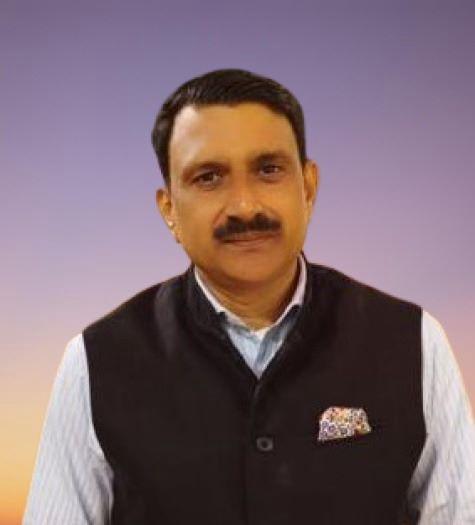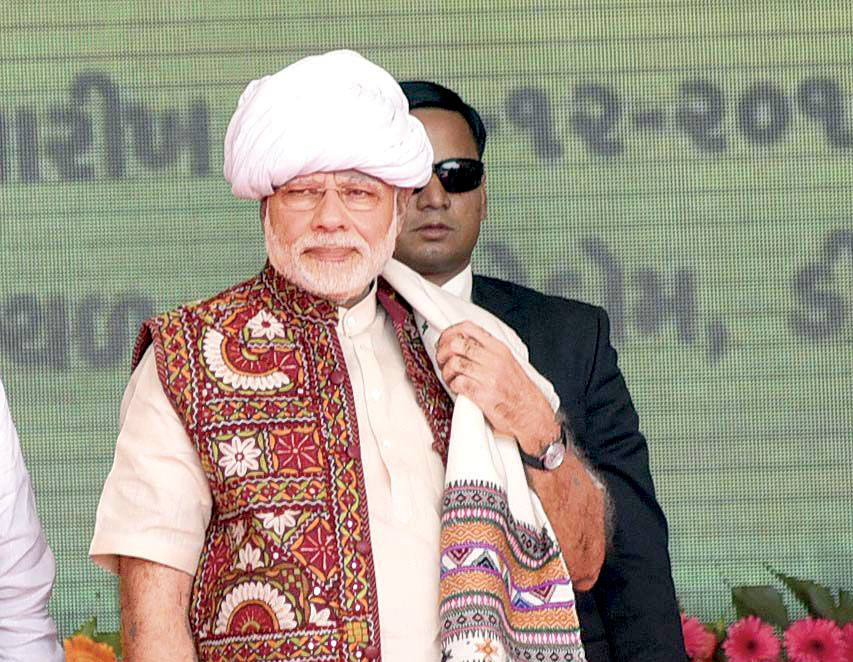
In a big change during the elections, tribal backing has helped the Bharatiya Janata Party (BJP) win in Madhya Pradesh, Rajasthan, and Chhattisgarh. Because tribals played a big role in the party's success, there's a feeling that they should naturally be considered for the Chief Minister position in either Chhattisgarh or Rajasthan. The BJP, led by Prime Minister Narendra Modi, faces a tricky situation in keeping political stability while recognising how important tribal communities were in deciding the election results.
To win tribal votes, PM Modi and the BJP focused on three things: making sure tribals are represented, highlighting the appointment of the first-ever tribal President and tribal Cabinet members; preserving tribal culture to counter the idea of religious conversion, and building a nationalistic tribal identity by talking about the government's efforts to recognize tribal freedom fighters and their struggles. The Prime Minister also announced a Rs 24,000 crore plan to extend existing schemes to Particularly Vulnerable Tribal groups in the last days of campaigning.
In Rajasthan, the BJP managed to get four more ST seats compared to 2018, even though the new Bharat Adivasi Party also won seats in Rajasthan (Dhariawad, Aspur, and Chorasi) and one in Madhya Pradesh (Sailana). Rajasthan has 25 Assembly seats reserved for ST, with BJP winning 12, Congress 10, and BAP securing 3 seats.
Across Madhya Pradesh, Chhattisgarh, and Rajasthan, which make up 31% of the country's tribal population, the BJP won most of the seats reserved for Scheduled Tribes in the Assembly elections. In 2018, the party won only 19 of the 76 ST seats in MP and Chhattisgarh, but this year, they got 44 of them, mostly by converting Congress-voting areas.
As the excitement of the elections settles, political analysts are talking about the strong connection between tribal voters and the BJP, highlighting the crucial role of the tribal community in the party's wins.
The electoral success tied to tribal support makes them strong contenders for the Chief Minister position, adding an interesting twist for the BJP's leadership.
The Rashtriya Swayamsevak Sangh (RSS), the ideological parent body of BJP, reportedly advised the party to promote tribals for top jobs, saying it would help expand the reach of Hindutva influence. Ignoring this advice might be tough for the BJP leadership, especially because the Hinduization of Adivasis in Chhattisgarh and Madhya Pradesh played a role in tribal votes shifting to the BJP.

Ram Kumar Kaushik is a seasoned journalist with over 25 years of experience across mediums. The architect of this news website, he is also a consultant with several media groups. He was formerly the group managing editor of ITV Network (NewsX, India News and The Sunday Guardian) and its digital products.



